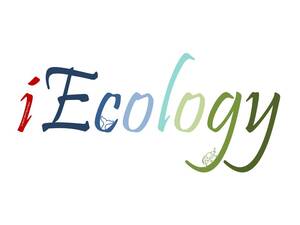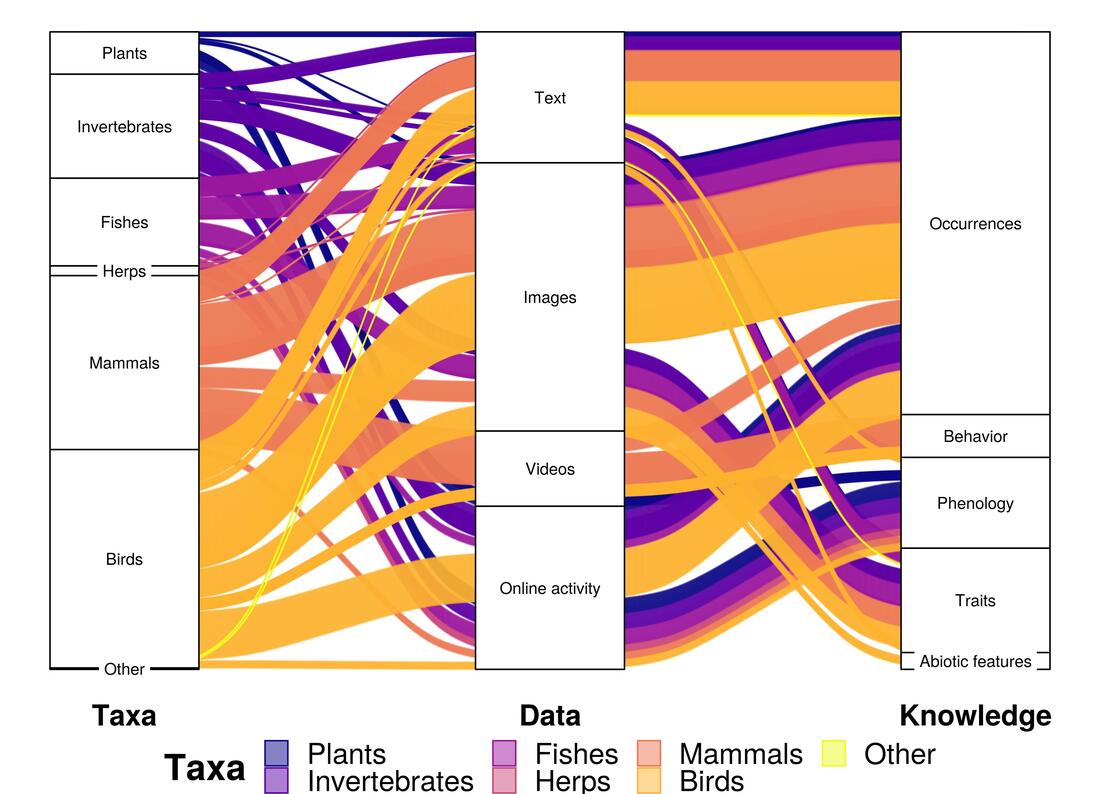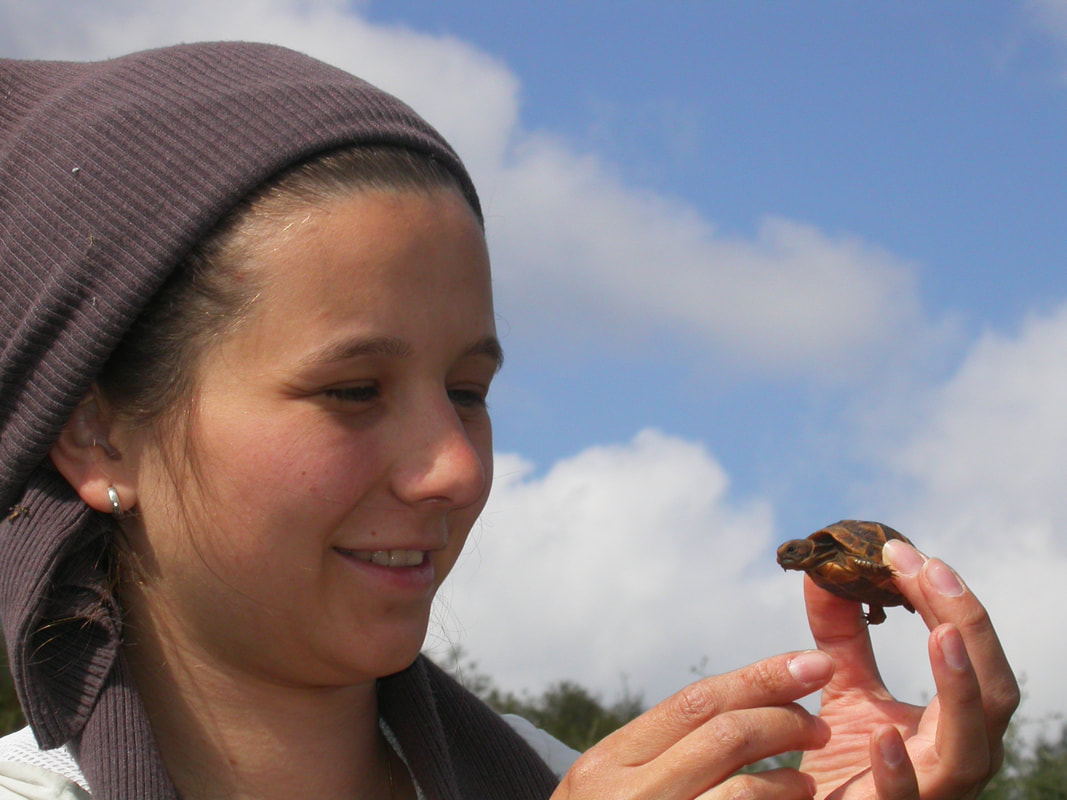About.
iEcology opens many new avenues for gaining insights on natural systems using the 'Big-Data' revolution
|
What is the rationale behind iEcology?
Our planet is in the midst of a biodiversity crisis. While there is a great urgency in addressing it, there is still a vast gap in our basic understanding of natural patterns and processes globally. We have yet to describe most species, we do not know where most of the described species reside, and have even less knowledge about their biological attributes, or interactions with other species and the environment. This knowledge – and particularly how it changes in space and time - is vital if we are to turn the tide on people’s harmful practices to the environment. The information age we live in may provide new opportunities to help address this vast gap in our ecological knowledge and understanding.
An increasing amount of our interactions with each other, as well as with our environment is manifested in the digital realm. These may be our posts on social media, internet search engine patterns, or visits to different webpages. Although we may often suspect that Today’s technology culture may be generally bringing us away from nature, within these vast and ever-expanding online data, entirely new insights about animals and plants can be found. Indeed, these are not data deliberately collected to expand our ecological knowledge, rather a welcome byproduct of our constant need to Google, Tweet, blog, record our lives, and basically stay constantly connected. iEcology could be defined as the study of ecological patterns and processes using online data generated for other purposes and stored digitally. Several examples already highlight the great potential of such approaches to increase our knowledge of the natural world.
An increasing amount of our interactions with each other, as well as with our environment is manifested in the digital realm. These may be our posts on social media, internet search engine patterns, or visits to different webpages. Although we may often suspect that Today’s technology culture may be generally bringing us away from nature, within these vast and ever-expanding online data, entirely new insights about animals and plants can be found. Indeed, these are not data deliberately collected to expand our ecological knowledge, rather a welcome byproduct of our constant need to Google, Tweet, blog, record our lives, and basically stay constantly connected. iEcology could be defined as the study of ecological patterns and processes using online data generated for other purposes and stored digitally. Several examples already highlight the great potential of such approaches to increase our knowledge of the natural world.



